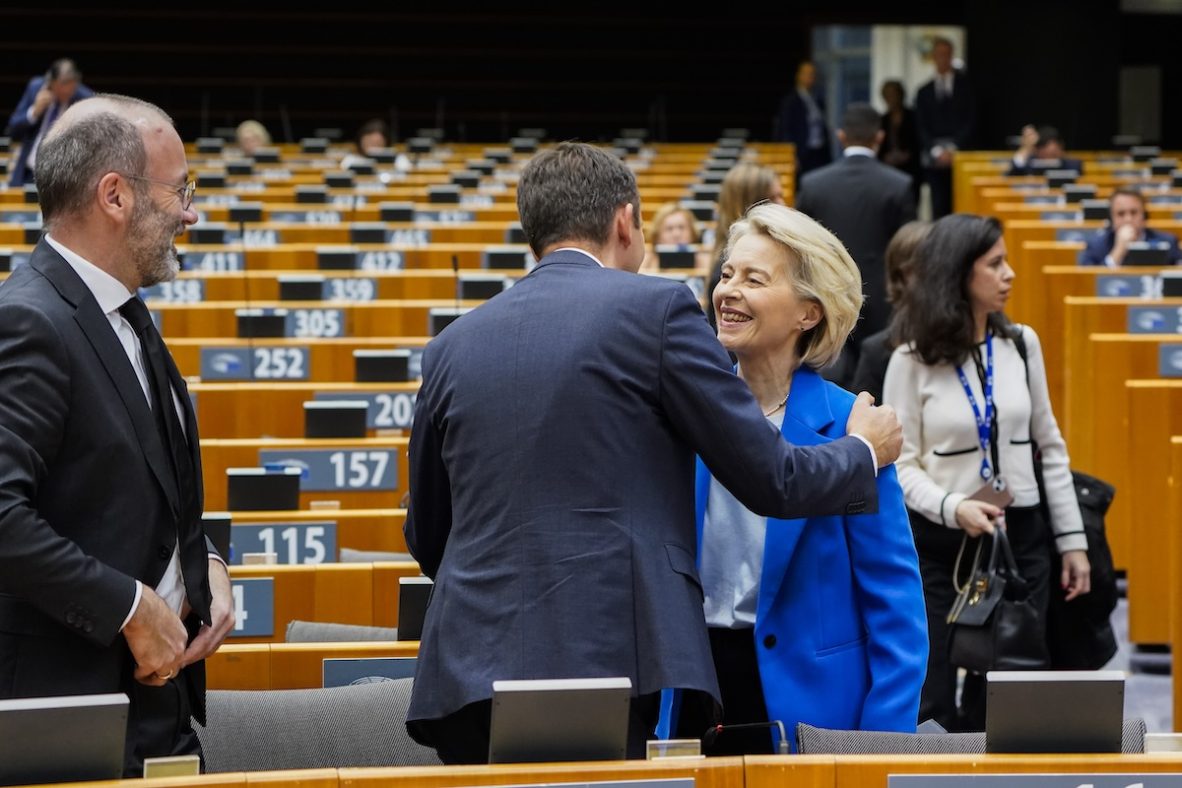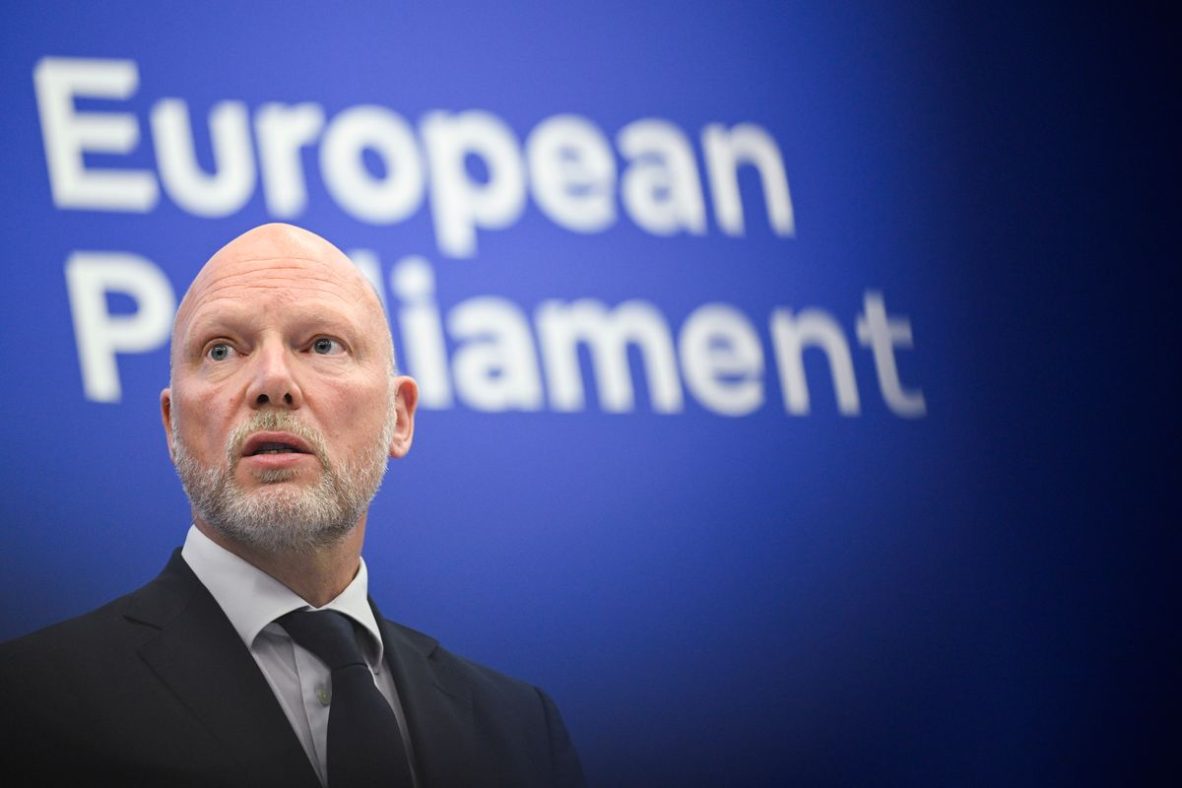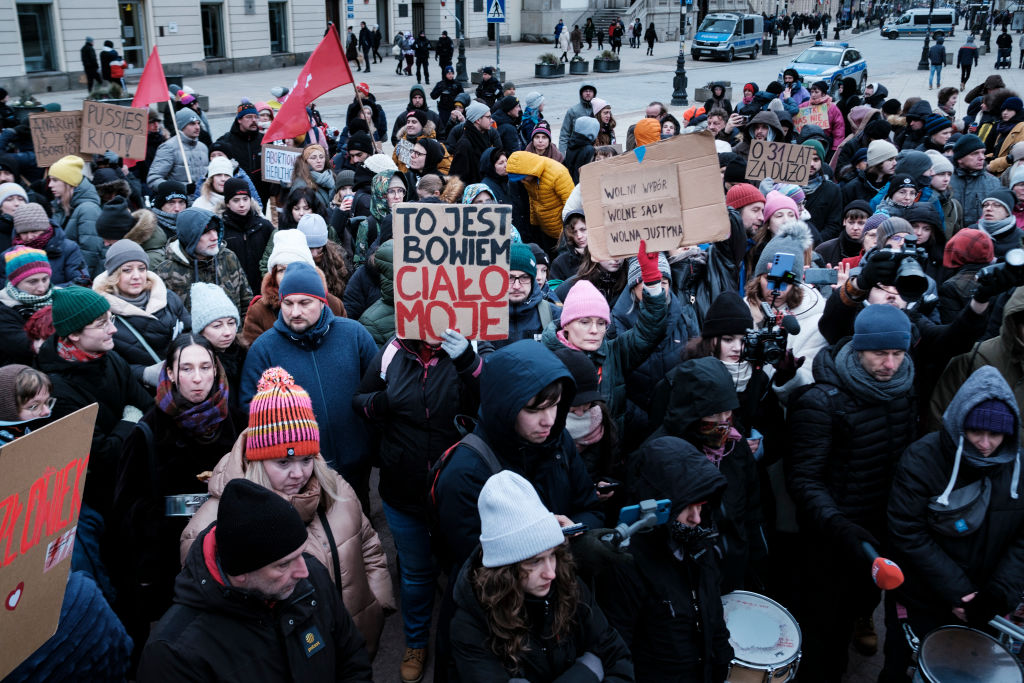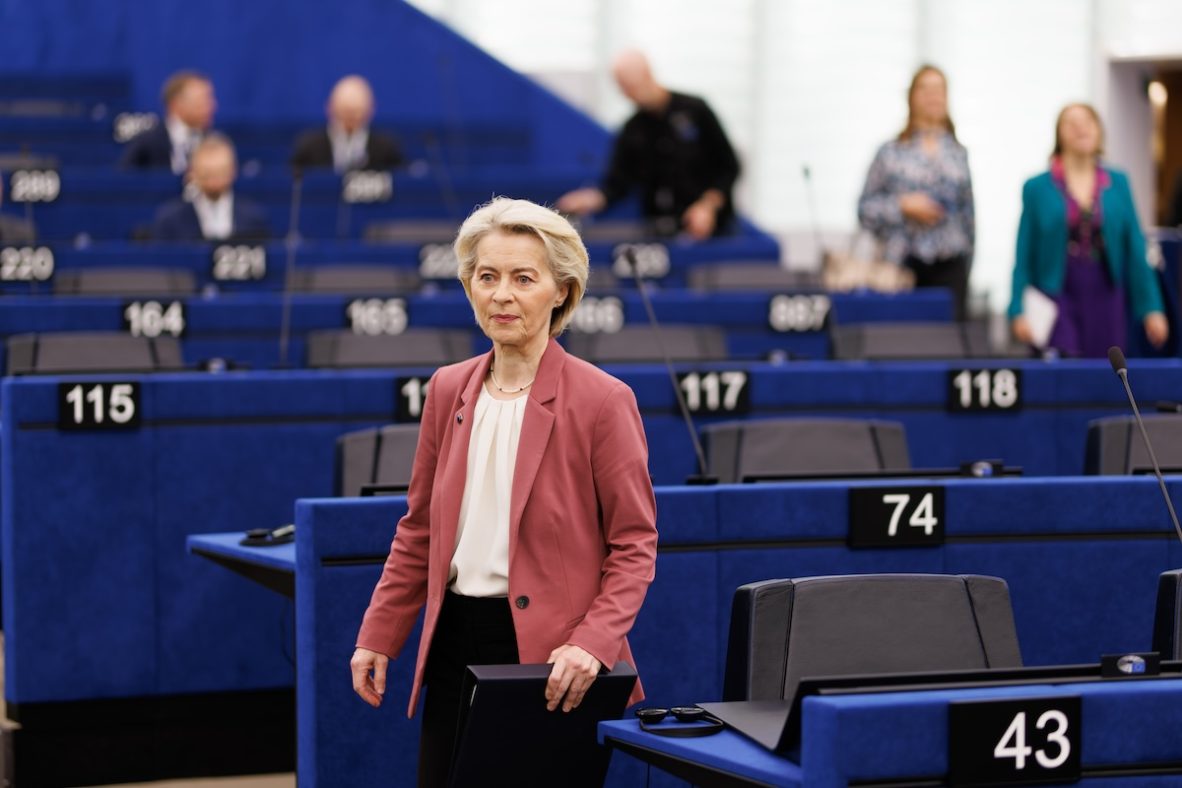Parliament's potential budget block will backfire, analysts say
Four EU diplomats told Euractiv that the Parliament's pushback over the national plans is creating uncertainty about the way forward

The European Parliament is considering blocking the Commission’s proposal to fold the EU’s agriculture and regional funds into national plans, but analysts warn that the move could ultimately be self-defeating.
“There are critical discussions ongoing in my group but also in other groups,” said centre-right EPP chief Manfred Weber, who discussed the €865 billion merger this week in a closed-door meeting with Commission President Ursula von der Leyen, liberal leader Valérie Hayer, and socialist chief Iratxe García.
Yet, rejecting the proposal “makes no sense,” said Eulalia Rubio, associate senior fellow at the Centre for European Policy Studies (CEPS) think-tank.
“Legally speaking, [MEPs] don’t have the capacity to reject the proposal,” but only to threaten rejection of the final proposal after one to two years of negotiations, she added. So far, only the centre-left S&D group has officially committed to rejecting the plan.
S&D, EPP poised to block a key part of the Commission’s EU budget proposal
The European Parliament’s two biggest groups are considering blocking key parts of the EU Commission’s…
2 minutes

By the time negotiations conclude, the budget’s structure will already be set. Instead, Parliament must assert itself early to make sure its authority is not reduced to rubber-stamping what EU countries in the Council have decided.
In budget approval, the Parliament is not a co-legislator with the Council. The budget must be adopted unanimously by the Council, while the Parliament can only approve or reject it, not amend it.
“There are many more intelligent ways of influencing the negotiations,” Rubio said, arguing that the changes MEPs desire could be met by amending the Commission’s existing proposal, not rejecting the final text.
“The Commission proposal is a package,” added Nils Redeker, acting co-director of the Jaques Delors Centre think-tank in Berlin, warning that undermining the national plans could “blow up the whole deal.”
It is crucial for the Parliament to strongly position itself, he explained, as MEPs “were basically cut out of the negotiations to a large degree at the end during the last budget negotiations” in 2020.
“The big question is how the Council will react,” Redeker said, as a parliamentary rejection could increase pressure on already divided member states struggling to agree on both the size and structure of the budget.
Unease in Brussels
The national plans pitch has already come under fire from farmers, regions, and 17 agriculture ministers, including those from France, Poland, and Austria, who penned a declaration last week warning of “considerable fragmentation” of agriculture policy if the proposal is kept in its current form.
Countries like Germany, the Netherlands, and Sweden are in favour of the new centralised structure and don’t want to fund a big budget that lacks their desired reforms. As large net contributors, paying more into the EU budget than they receive, their word carries significant weight in talks over size.
Denmark, which currently holds the rotating EU Council presidency, had planned to move the budget proposal negotiations forward quickly.
But the Parliament’s pushback is causing uncertainty about the next steps, four EU diplomats told Euractiv. They fear that some countries could seize the opportunity to push their own agendas against national plans, and that the further politicisation of the file would hinder budget talks.
“The more time it takes [to negotiate], the smaller the budget will be,” said one diplomat, citing already tight national finances, and a populist surge that could leave Europe with more EU-sceptical governments unwilling to pay up.
Still, with talks at an early stage, both Parliament and member states may prefer to start from a strong position in order to seek concessions in exchange for moderation.
(vib, mm)









